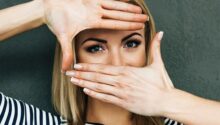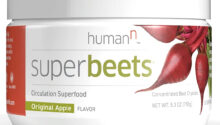Recently there have been conversations about the pros and cons of the COVID vaccine. Is it safe to get the shot? Does it work? Who can benefit from it? Read on to find out the answers to these questions.
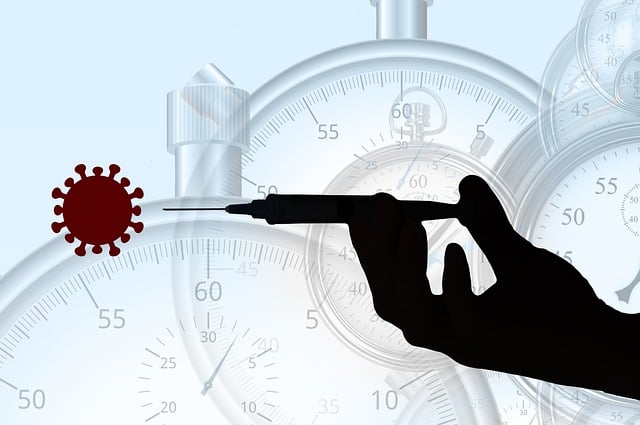
Vaccinations have greatly reduced the number of deaths and health problems caused by viral diseases. This is largely because scientists can make vaccines against a wide range of viruses that can make people sick. Although the benefits of vaccinations are well known, some people still don’t agree with the practice.
The Covid-19 vaccine, also known as “Covid”, is an immunological drug that has recently been used to treat Covid-19. There are three different types of the vaccine, and it takes about four weeks to develop full immunity. When the body is infected with COVID-19, the immune system produces antibodies that kill the virus.
However, we don’t know what the adverse effects of the vaccine are. It is not clear whether COVID-19 can cause serious problems in people with weak immune systems. So we will talk about the pros and cons of this vaccine.
Contents
- 1 How important is vaccination?
- 2 Advantages and disadvantages of the Covid vaccine
- 3 Is it safe to administer the COVID-19 vaccine?
- 4 Who shouldn’t get the COVID shot?
- 5 How long will the COVID vaccine protect you?
- 6 Is it common for a second COVID-19 vaccination to make things worse?
- 7 Can COVID-19 still be a threat to people who have had the vaccine?
- 8 Conclusion
How important is vaccination?
Getting vaccinated is one of the most important ways to stay healthy. Vaccines can protect against a wide range of diseases that can cause serious illness, disability, and even death.
Vaccines work and are good for public health. Every year in the United States, vaccinations prevent millions of illnesses and tens of thousands of deaths.
Vaccines are one of the most cost-effective ways to improve health. For every dollar spent on childhood immunizations, up to ten dollars are saved in health care costs.
Vaccination is the process of introducing a virus or bacteria into the body to stimulate the immune system to produce antibodies and build resistance to a disease. Vaccines are often given through an IV, but they can also be taken by mouth or sprayed into the air.
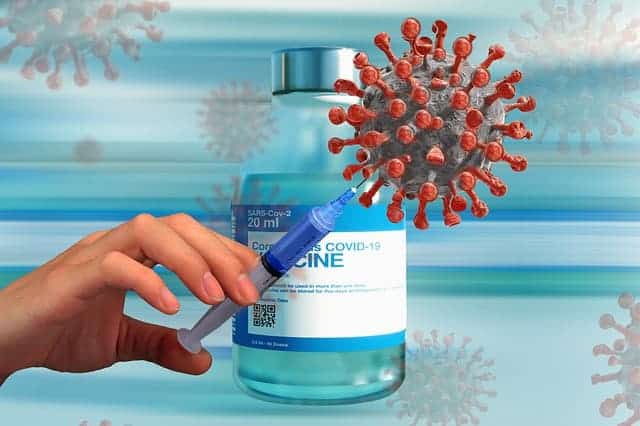
Vaccines work by getting the immune system to recognize and remember certain pathogens (infectious agents) so that it can fight them if it ever encounters them again. This is immunity.
Immunity is the body’s natural way of protecting itself from getting sick. Vaccines are designed to keep you from getting sick by making you feel like you have a natural infection, but without actually making you sick.
When you get a vaccine, your immune system fights real or “modified” pathogens such as bacteria and viruses, just as it would during a real illness. This stimulates the growth of white blood cells called B cells. B cells make antibodies that coat pathogens and tell other parts of your immune system to kill them.
There are two types of vaccines: live attenuated and inactivated.
- Live attenuated vaccines use a virus that grows in the body and makes the person immune to the disease without causing severe symptoms.
- Inactivated vaccines use a microorganism that causes an immune response but is dead or chemically inactive.
Vaccination is one of the best ways to improve health and reduce mortality. Vaccines have been shown to be effective against smallpox, measles, rubella, polio, tetanus, and diphtheria.
Advantages and disadvantages of the Covid vaccine
The coronavirus is found all over the world and is easily spread by coughing and sneezing. The virus can be spread by touching, breathing in, or making physical contact with infected objects such as telephones, door handles, and handrails.
Benefits of vaccination against COVID-19
Here are some great reasons why getting the COVID-19 vaccine is a good idea:
Infection prevention: Vaccination reduces the likelihood that an infection will spread from one person to another. It does not treat existing infections.
Early protection: The vaccine protects you for at least a year, even if you don’t get a booster shot later. This happens about two weeks after you receive the vaccine.
Fast acting: One of the best things about the COVID-19 vaccine is that it protects you quickly. The vaccine protects against more than one strain of COVID-19, and it works within hours of being given.
Long-lasting efficacy: Another advantage of the COVID-19 vaccine is its long duration of action.
COVID-19 Immunization Disadvantages
Getting the COVID-19 vaccine may not be a good idea for several reasons. Here are the following:
The vaccine must be given more than once. It is only effective for a short time. Because the effectiveness of the vaccine decreases over time, you must have a booster shot every six months. Even if you get a booster dose of COVID-19 after your immunity has waned, you could still get a severe case of the disease.
Headache, nausea, and vomiting are all things that can happen after a vaccination. Usually, these side effects are mild and go away within a few days of receiving the vaccine.
The vaccine is not 100% effective in preventing the disease from taking hold in your body. Even if you get the vaccine, there is a small chance that you could still get sick.
Not every case of CO virus-19 can be stopped by vaccination.
Another common problem with flu shots is that they hurt where they are given (the injection site).
Is it safe to administer the COVID-19 vaccine?
There are no risks associated with the COVID-19 vaccine. Although the virus has been modified so that it cannot multiply and spread, the vaccine has been shown to be effective against disease.
The COVID-19 vaccine has been approved by the Food and Drug Administration (FDA), so it can be given to people without putting their health at risk.
Who shouldn’t get the COVID shot?
The COVID vaccine should not be given to:
- Children younger than 9 years of age.
- Women who are pregnant or who may become pregnant in the next four weeks.
- People whose immune systems aren’t as strong, such as those with HIV/AIDS, cancer, or other diseases.
- People who are taking medicines that weaken the immune system (such as steroids).
- People who have had a severe reaction to any of the ingredients in the vaccine.
- People who have had a bad reaction to a flu shot before said it could have been fatal.
- People who have received a flu shot and have been diagnosed with Guillain-Barré syndrome within six weeks.
- A person who is moderately or severely ill, with or without a fever.

How long will the COVID vaccine protect you?
Clinical trials published in The Lancet show that both the Moderna vaccine and the Pfizer-BioNTech vaccine provide long-lasting protection against COVID-19. These studies showed that the vaccines generated immune memory that lasted at least six months after vaccination. The Novartis vaccine provides protection for only three months.
The COVID-19 vaccine provides long-lasting protection against the virus because it contains two different antigens: one that turns on B cells, which make antibodies, and another that turns on T cells. Both types of antigens are needed for the immune system to work well.
Is it common for a second COVID-19 vaccination to make things worse?
The second dose of the COVID-19 vaccine is usually well tolerated.
The most common side effects are fever, headache, tiredness, and soreness at the injection site. In general, it’s not too bad.
Sometimes, but not often, serious side effects can occur. These include:
- A fever of more than 102°F (38°C) within six days after the vaccination;
- Migraines are severe headaches that are different from most headaches;
- Trouble walking or feeling dizzy;
- having a seizure.
The shot can cause mild side effects that often go away on their own after a few days. The vast majority of people who get the injections don’t have any side effects.
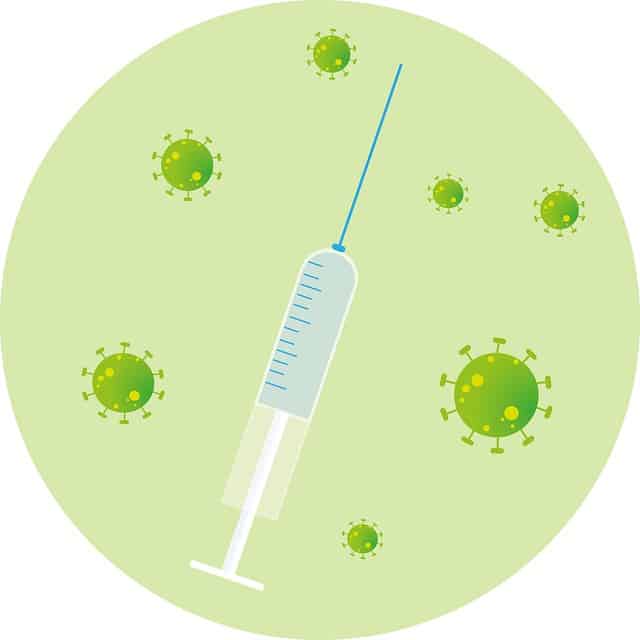
Can COVID-19 still be a threat to people who have had the vaccine?
If a person who has been fully immunized still gets the disease, it is called a “vaccine breakthrough infection”. Because vaccinations don’t always work, this is a possibility. It happens about 1 in 10,000 times.
- Some people who get an infection before they are vaccinated will be able to fight off the virus on their own without much trouble.
- Some people will get a small infection or illness that goes away on its own. This is called the “acute phase of a COVID-19 infection.
- Some people will get an illness that is worse and lasts longer than the acute phase of COVID-19. COVID-19, chronic phase disease, is the name for this condition.
Vaccines usually carry a small risk of diseases that can’t be cured by vaccines. But if you’ve been vaccinated and still get sick, you need to be careful not to spread the virus to other people.
Conclusion
In general, the CORONA vaccine (Covid) is a great way to fight disease. The good things about getting a vaccine that protects you from viruses are more important than the bad things.
It not only keeps you from getting sick, but it also makes the illness and its symptoms less severe if you do get sick.
During many coronavirus outbreaks, the COVID vaccine has been able to stop the virus from spreading.
A vaccine against coronavirus could be helpful, but more research is needed to find out what the long-term benefits and potential of the vaccine are.
In conclusion, there is a lot of evidence that coronavirus shots work and are safe. Some people have bad reactions, but the vast majority don’t. It seems like a smart thing to do for people who are at high risk.

